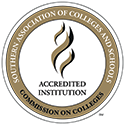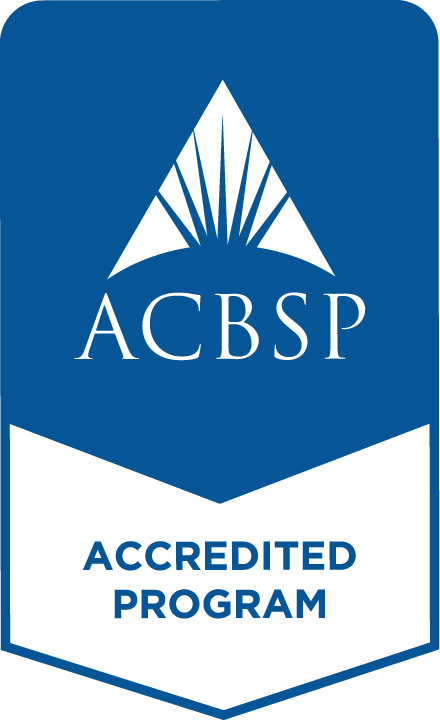The Higher Education Opportunity Act (HEOA) requires educational institutions to develop and comply with a code of conduct that prohibits conflicts of interest in student financial services. Any Columbia Southern University officer, employee or agent who has responsibilities with respect to student educational loans must comply with the code of conduct.
The Code of Conduct establishes that:
- Columbia Southern University (CSU) have no preferred lending agreement with any lender of private educational loans and, as such, no officer or employee of CSU shall engage in the practice of recommending, promoting or endorsing private educational loans for students attending CSU.
- Neither CSU as an institution nor any individual officer, employee, agent or affiliate employee shall enter into a revenue-sharing arrangement with any lender. A revenue-sharing arrangement is defined as any arrangement between an institution and a lender under which the lender provides or issues private education loans to students attending the institution or to the families of those students. The institution recommends the lender or the loan products of the lender and, in exchange, the lender pays a fee or provides other material benefits, including revenue or profit-sharing to the institution or to its officers, employees or agents.
- No officer or employee of CSU who is employed in the Office of Financial Aid or who otherwise has responsibilities with respect to education loans, or an agent who has responsibilities with respect to education loans, or any of their family members, shall solicit or accept any gift from a lender, guarantor or servicer of education loans. For purposes of this prohibition, the term “gift” means any gratuity, favor, discount, entertainment, hospitality, loan or other item having a monetary value of more than a de minimis amount. The term includes a gift of services, transportation, lodging or meal, whether provided in kind, by purchase of a ticket, payment in advance or reimbursement after the expense has been incurred.
- No officer or employee of CSU who is employed in the Office of Financial Aid or who otherwise has responsibilities with respect to education loans, or an agent who has responsibilities with respect to education loans, shall not accept from any lender or affiliate of any lender a fee, payment or other financial benefit (including the opportunity to purchase stock) as compensation for any type of consulting arrangement or other contract to provide services to a lender or on behalf of a lender relating to education loans.
- No officer or employee of CSU who is employed in the Office of Financial Aid or who otherwise has responsibilities with respect to education loans who serves on an advisory board, commission or group established by a lender or group of lenders is prohibited from receiving anything of value from such entities, except the employee may be reimbursed for reasonable expenses incurred by the employee for serving on such boards, commissions or groups.
- Officers or employees of the Office of Financial Aid shall not steer borrowers to particular lenders or delay loan certifications. For any first-time borrower, CSU will not assign, through award packaging or other methods, the borrower’s loan to a particular lender. In addition, the university shall not refuse to certify or delay the certification of any loan based on the borrower’s selection of a particular lender.
- CSU shall not request or accept from any lender any offer of funds for private loans, including funds for an opportunity pool loan, to students in exchange for providing promise of a specific number of private education loans, a specific loan volume or a preferred lender arrangement for such loans. An opportunity pool loan means a private education loan that involves a payment, directly or indirectly, by the institution of points, premiums, additional interest or financial support to the lender for the purpose of the lender extending credit to the student.
- CSU shall not request or accept from any lender any assistance with call center or financial aid office staffing.
As active institutional members of the National Association of Student Financial Aid Professionals (NASFAA), the financial aid employees at Columbia Southern University prescribe to the NASFAA Code of Conduct. The Code of Conduct is intended to assist financial aid professionals in carrying out their obligations, particularly with regard to ensuring transparency in the administration of the Student Financial Aid programs, and to avoid the harm that may arise from actual, potential or perceived conflict of interest.





